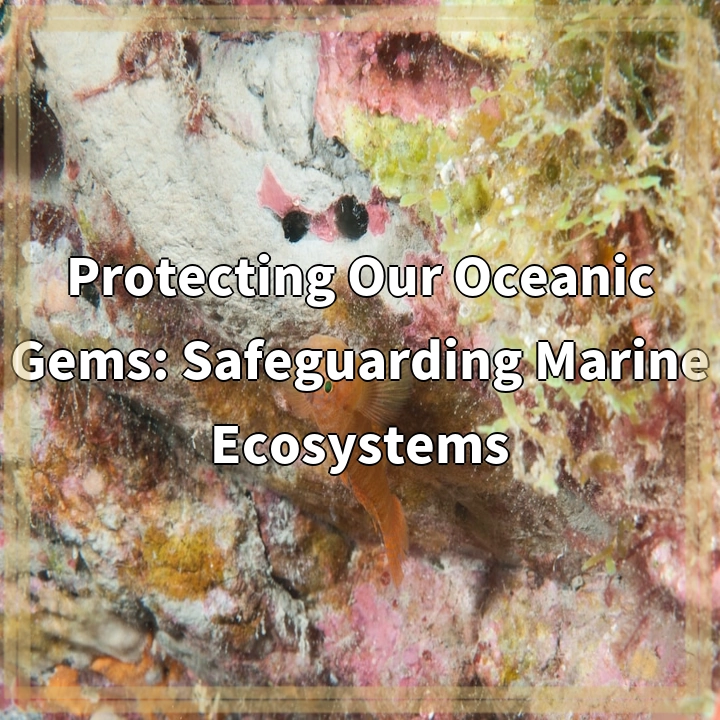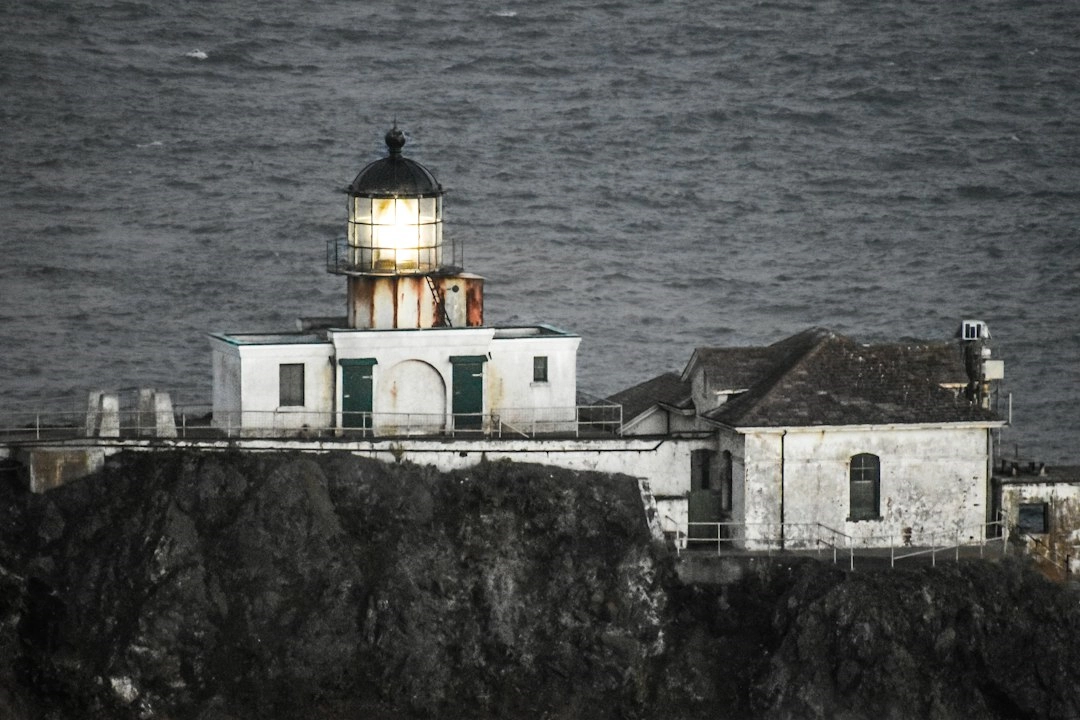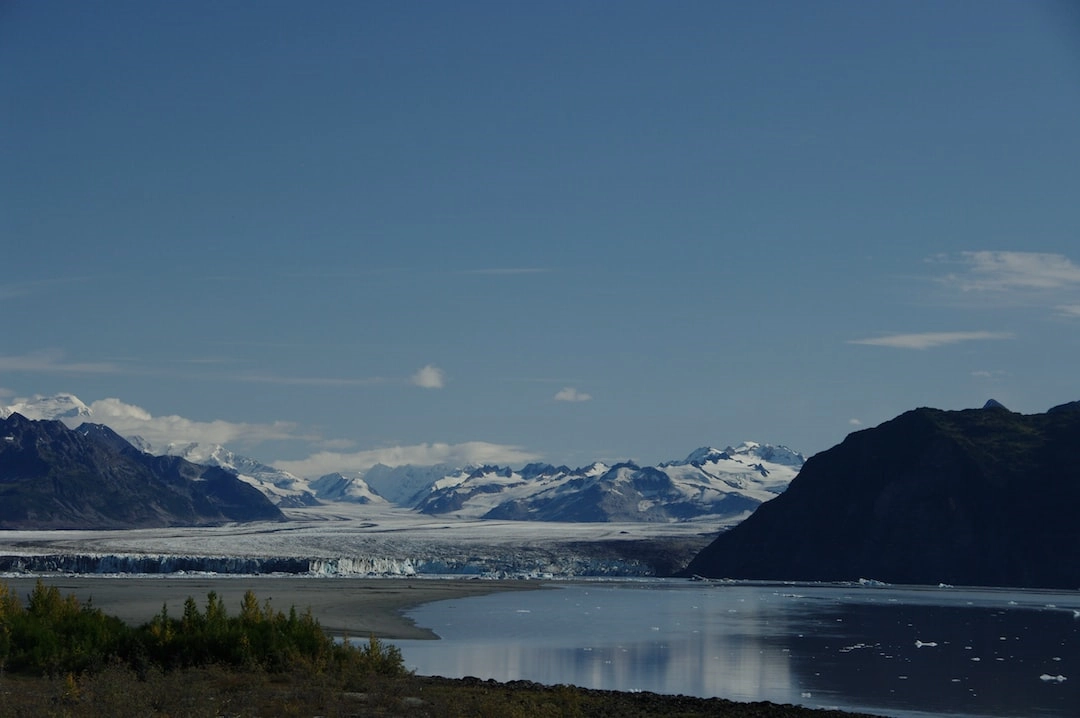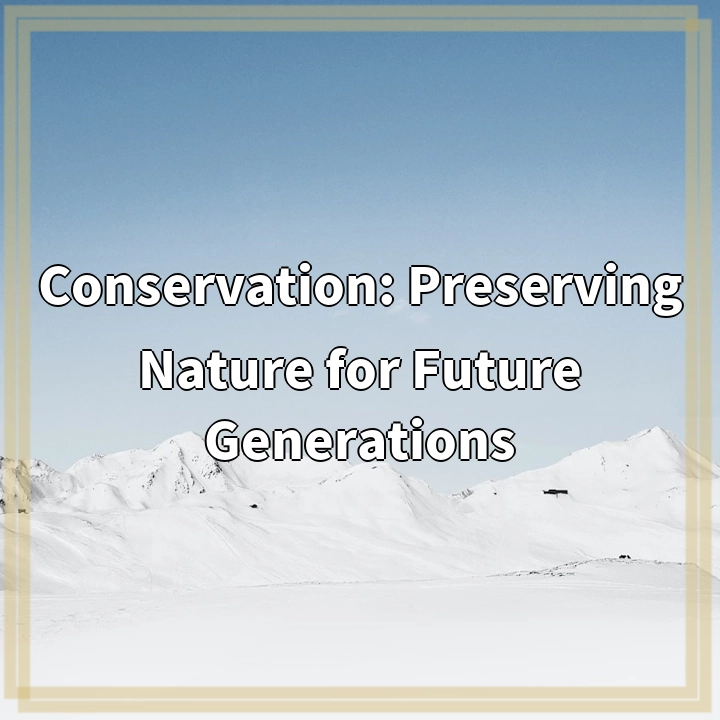
What it is:
Protecting Our Oceanic Gems: Safeguarding Marine Ecosystems
Marine ecosystems are vital for the health of our planet. They provide habitats for a wide range of species, produce oxygen, regulate climate, and offer invaluable resources. However, these delicate ecosystems face numerous threats due to human activities and climate change.
Real-World Problems Associated with Marine Ecosystem Protection:
1. Overfishing: Overfishing disrupts the delicate balance of marine ecosystems, depleting fish populations and causing adverse ripple effects throughout the food chain. This can lead to the collapse of marine ecosystems and loss of biodiversity.
2. Pollution: Pollution from various sources, such as industrial and agricultural runoff, oil spills, and plastic waste, poses a severe threat to marine ecosystems. It can contaminate the water, harm marine life, and disrupt the ecological balance.
3. Habitat Destruction: Coastal development, coral reef destruction, and bottom trawling are just a few examples of activities that lead to the destruction of marine habitats. When habitats are destroyed, species lose their homes and sources of food, resulting in displacement and potential extinction.
4. Climate Change: Rising sea temperatures, ocean acidification, and sea-level rise are consequences of climate change that directly impact marine ecosystems. These changes can cause the loss of coral reefs, the disruption of migration patterns, and the decline of key species.
5. Invasive Species: Invasive species introduced to marine environments can have devastating effects on native species and ecosystems. They can outcompete native species for resources, disrupt natural processes, and lead to the deterioration of overall ecosystem health.
Conclusion:
Protecting our oceanic gems, our marine ecosystems, is of paramount importance. Addressing the real-world problems associated with their degradation requires collective action and sustainable practices. Implementing responsible fishing regulations, reducing pollution, preserving habitats, mitigating climate change, and preventing the introduction of invasive species are crucial steps towards safeguarding these invaluable ecosystems for generations to come.

Solutions for Marine Ecosystem Protection:
Addressing the threats to marine ecosystems requires proactive and collaborative efforts from individuals, communities, and governments. Here are some key solutions:
1. Sustainable Fishing Practices:
Implementing responsible fishing regulations, including catch limits, protected areas, and gear restrictions, can help prevent overfishing and ensure the long-term sustainability of fish populations. Supporting and promoting sustainable fishing practices, such as selective fishing and proper waste management on fishing vessels, can also minimize the impact on marine ecosystems.
2. Pollution Reduction and Management:
Tackling pollution at its source is crucial to protect marine ecosystems. Implementing strict regulations to minimize industrial and agricultural runoff, promoting wastewater treatment systems, and reducing the use of single-use plastics are effective ways to combat pollution. Engaging in beach clean-ups, educating communities, and supporting initiatives that promote recycling and waste reduction can further contribute to pollution management.
3. Marine Habitat Conservation:
Preserving and restoring marine habitats is vital for the health and resilience of marine ecosystems. This includes advocating for the establishment of marine protected areas, enforcing regulations against destructive practices like coral reef destruction and bottom trawling, and promoting habitat restoration projects. Encouraging sustainable coastal development practices that minimize the negative impact on habitats is also crucial.
4. Climate Change Mitigation and Adaptation:
To address the threats posed by climate change, reducing greenhouse gas emissions is essential. Supporting renewable energy sources, promoting energy-efficient practices, and advocating for policies that prioritize climate action can contribute to mitigating climate change impacts on marine ecosystems. Additionally, implementing strategies to adapt to the changes, such as restoring and protecting coastal ecosystems to mitigate the impacts of sea-level rise, is crucial.
5. Prevention and Control of Invasive Species:
To prevent the introduction and spread of invasive species in marine ecosystems, strict regulations on ballast water discharge and biofouling management can be implemented. Additionally, raising awareness about the potential ecological and economic impacts of invasive species and promoting responsible boating and field research practices can help minimize their negative effects.
Conclusion:
By implementing these solutions and working towards sustainable practices, we can safeguard our oceanic gems, the marine ecosystems, and ensure their health and resilience for present and future generations.















